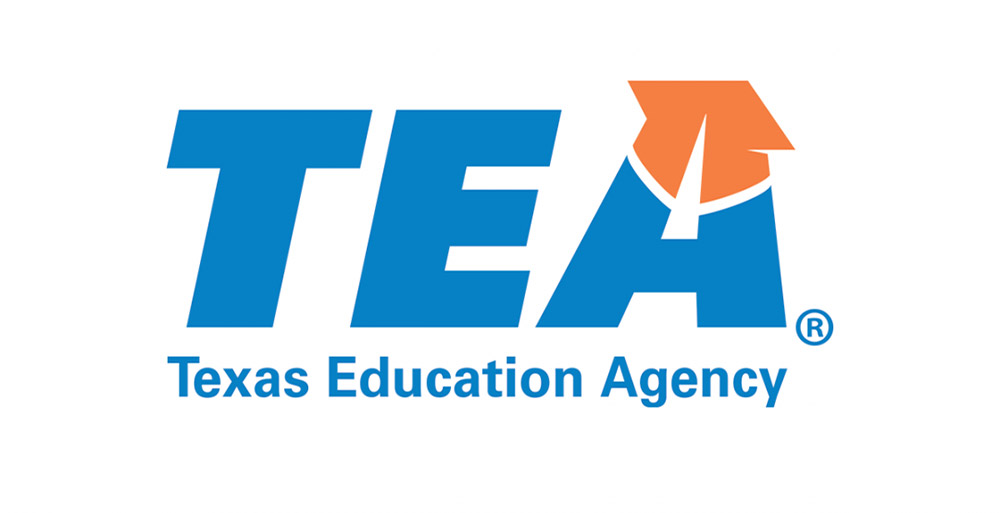A report released Thursday by the U.S. Department of Education concluded that the Texas Education Agency did not comply with federal laws to identify and provide special services to students with disabilities.
The department wrote a letter outlining its findings after conducting a 15-month investigation into the rapid decline of special education enrollment in Texas over the past decade, according to CBS.
The special education enrollment in Texas dropped from 11.2 percent of the student population in 2004 to 8.5 percent in 2015. The national average for special education enrollment is 13 percent.
Educators and public education advocates are pointing the finger at state legislators for creating a special education cap to keep costs low.
According to the letter, the Texas Education Agency strived for an 8.5 percent special education enrollment for school districts in 2004, resulting in the decline in enrollment.
To avoid being penalized by the TEA for exceeding the 8.5 percent goal, Texas school districts “took actions designed to decrease” the number of students who received special education services, says the report. Some parents say schools refused to evaluate their children to determine if they qualified for special services.
“Seeing that in writing, it crushed me to think about these kids. We’re talking about hundreds of thousands of children each year in Texas that didn’t receive services, or maybe received services eventually, and what effect that’s had on those children,” says Chris Masey of the Coalition of Texans with Disabilities.
Schools were incentivized to deny services to eligible students because the agency is more likely to intervene in school districts that provide services for more students with disabilities, according to the Department of Education.
The cap violates the Individuals with Disabilities Act, which requires Texas to identify and provide services for all children with disabilities between ages 3 and 21. Across the country, approximately 16 percent of special education costs are covered by the federal government.
Texas Education Agency, School Districts Criticized
Texas Governor Greg Abbott wrote a letter to Texas Education Commissioner Mike Morath, calling these failures unacceptable and giving the TEA seven days to prepare a corrective action plan. He also criticized local school districts for their “dereliction of duty” in failing to serve students, according to The Star Telegram.
Several school groups pushed back against the criticism, arguing they were simply doing what they were told. Others indicated state cuts have limited the quality of special education they can provide.
“We weren’t derelict: the state of Texas was derelict, the Texas Education Agency was derelict,” says HD Chambers, superintendent of Alief ISD and president of the Texas School Alliance, an advocacy group. “We were following what they put in place.”
The TEA has denied the allegations that they told districts to cap services.
“The Texas Education [Agency] has been consistent with its position regarding this indicator. Our agency’s focus now is meeting the Governor’s directive to draft a corrective action plan to address the issues identified in the monitoring report,” spokesman Gene Acuna wrote in a statement Sunday.
The TEA also denies allegations that they covertly created the Performance-Based Monitoring Analysis System (PBMAS), which tracks special education metrics. PMBAS was created in 2004 — the same year the alleged cap was implemented.
Maggie Suter, a Texas parent whose child has special needs, says she moved her child to a private school after he was removed from classes for children with dyslexia at a public school.
“Looking back now, I know that he was probably a victim of what was happening at the time in the schools,” says Suter. “There’s no trust left. I think that it’s going to take some time and some work to win back the trust of parents and the public as far as special education is concerned.”
Last spring, Texas lawmakers ended the policy of creating special education enrollment targets.













